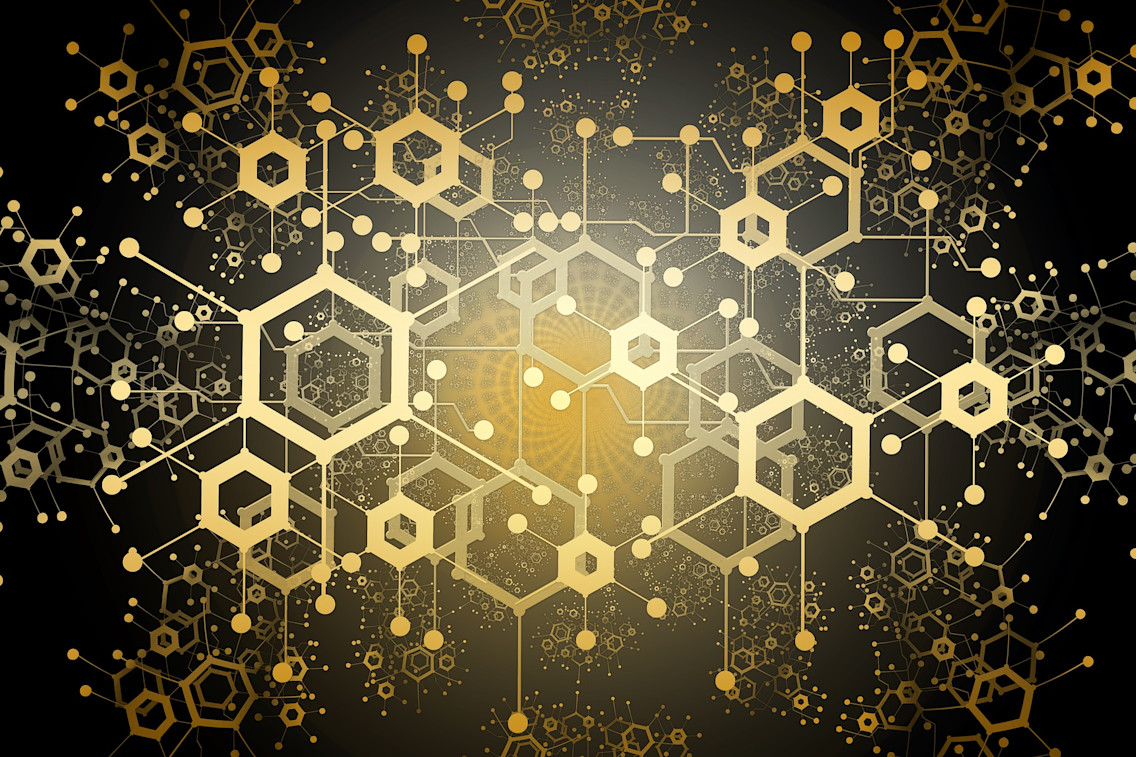Basically, the idea of decentralized organizations is one that can be found in the early theories of democracy – splitting the power between all people who are involved. However, what is different now regarding DAOs is the A – autonomous – on the one hand and the mode of how the power is actually split on the other.
🤖 Tokenization & fixed rules
Because in the era of blockchain and web3, DAOs use tokens for including people into their organization and to incentivize them interacting. People are usually able to either buy, trade or earn those tokens which automatically make them a part of the DAO’s community and provide them with certain rights like voting or decision making. The execution of those rights and all rules how the DAO should be run, are set up in some smart contracts, which makes those rules immutable. Hence, the rules are processed autonomously.
💰 Tokens are tokens but no shares
But how new and innovative is a DAO in fact? Isn’t a token something similar like a share in public owned companies? On first glance, it could appear like that, but in its essence, the idea of a DAO and its shared rights and responsibilities differs fundamentally from the principle of stock corporations. Speaking from a DAOs point of view the shared responsibility for the organization is not compensated with dividends or other financial rewards – which by the way would make DAOs a field for legal regulations – but lies only in the sense of building and guiding a community via the prior fixed rules and rights a token-holder receives.
⚡ Fiverr vs. Braintrust
To make the difference between centralized and decentralized organizations more vivid, the Web3 Community learned about a case study regarding the differences of Fiverr and Braintrust. Both are marketplaces for Freelancer projects. While Fiverr drives a classic 2-sided platform model where both sides are only connected for business reasons, but have no link to Fiverr itself, Braintrust compensates its users with BTRST tokens. That means that both freelancers and clients get rewarded for using Braintrust as their platform by getting stakes into the very platform – and with that they earn certain rights. In the very end, Braintrust is owned by its users and organized by autonomously running smart contracts, which makes it decentralized. And tokens are used for incentivizing individual behavior for a common goal.
💡 Takeaways
There is happening a lot of discussion about the right definition of a DAO and what benefit it brings in the end regarding an organization’s, resp. Bertelsmann’s, goals and needs. However, if someone from the Bertelsphere considers building his or her own DAO, the group agreed on some crucial points to take a look at.
- Goal: Why are people joining the DAO? What is their common goal?
- Outcome: What kind of value does the DAO create for it’s members?
- Incentives: How does the DAO governance incentivize people to contribute?
- Stakeholder: Who are the internal and external stakeholders of the DAO?
- Tokenomics: What are the tokens used for in the DAO and who receives them for what?
- Scalability: How can the DAO accommodate more members?
- Liquidity: How do we ensure (high) trading?
- Implementation: How do we turn the DAO into reality and attract first members? (IT, Legal)
author: Nico Kummer




